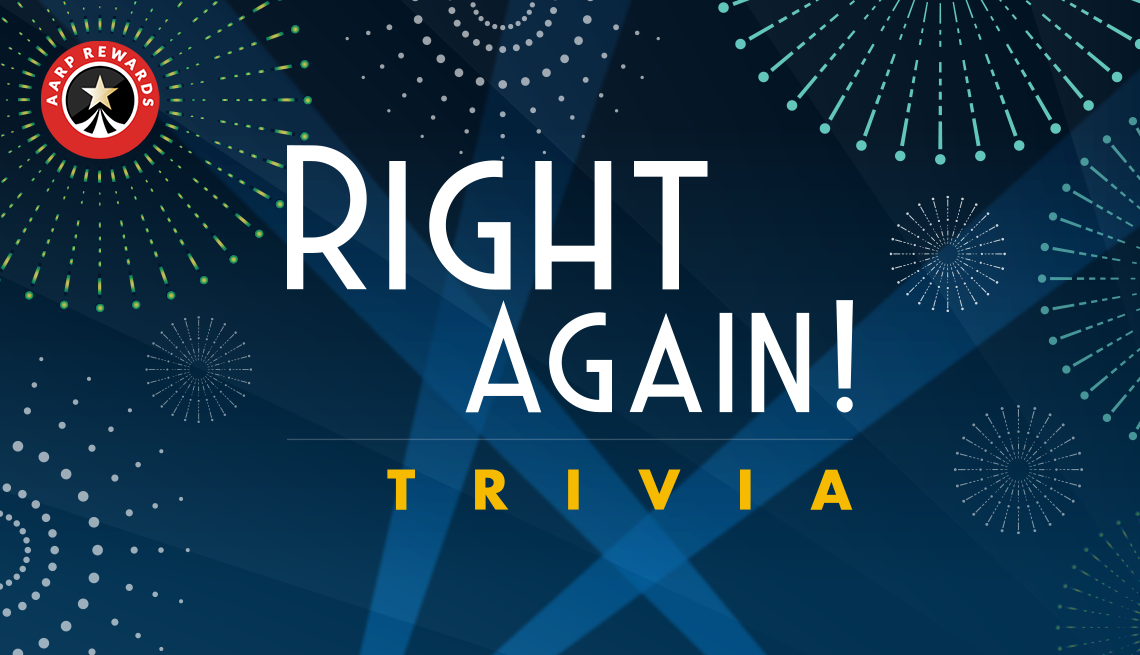What is the difference between Interest and Inflation in calculating future value?
If you invest $100 for 1 year at 4% return, it is worth $104 after that year (not counting inflation).
If you put $100 under your mattress for a year at 7% inflation, it is worth $93 after that year.
If you invest $100 for 1 year at 4% return and 7% inflation, will it be worth $97 or $96.62?
If inflation is just a negative interest rate, (+4) + (-7) = -3% effective "compounding" rate.
100% - 3% = 97% = 0.97
$100 * 0.97 = $97.
If you calculate interest first and then inflation, you get a slightly different number:
$100 * 1.04 = $104; $104 * 0.93 = $96.72
With the numbers the Social Security Admin give me for retiring at 62 - 70 years of age, the break even point at which later starting dates catch up to the age 62 scenario can be calculated given an interest rate. At an interest rate > 3.7%, ages 63 and up never catch up. At 2% interest, age 66 catches up at age 82.2. Age 63 catches up at age 82.8.
When you defer payment for later years, you are getting paid in smaller, inflated dollars.
From 2012 through 2021, the average S&P 500 index returned 14.8% annually. Stocks in general appreciated +10% per year on average over the last century.
It seems prudent to get every dollar you can away from the government ASAP and invest it with people who know how to make money rather than squander it.
Is it better to get paid at 62 or 82?












































































